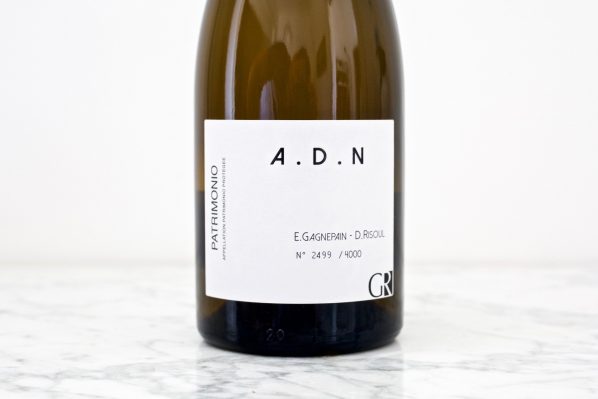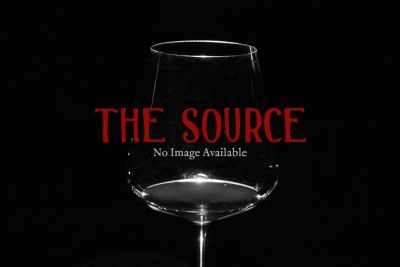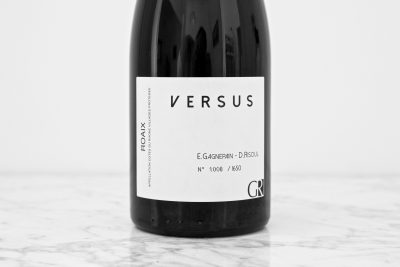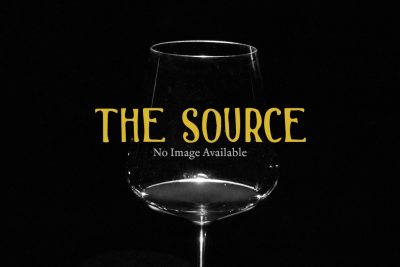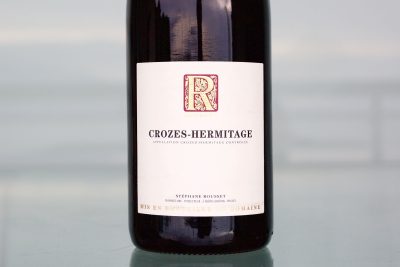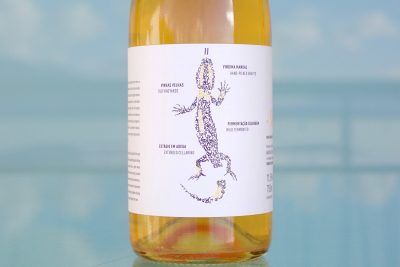About The Wine
Vermentinu reaches its greatest heights close to the Mediterranean Sea and in the right area it’s without a doubt a white wine of great potential. On Corsica there is a broad range of styles from dense to lithe, and most are loaded with smells of ocean spray and minerals, unless they’ve been obliterated by the use of new oak. Thankfully for us, this wine shows the best of the grape and place, and its aging in 600-liter youngish French oak barrels of which it shows hardly a trace, save the soft sculpting effect that wood brings to a wine’s shape.
One of the great pleasures of French wine, whites from Patrimonio are indeed serious and through the lens of Vermentinu (also known as Rolle, Vermentino, Pigato, Favorita and likely more names) the transmission terroir, especially its soil and bedrock, is brilliant and usually framed with a soft mineral elegance. The downside of Vermentinu is the same as Chardonnay: when the terroir is uninspiring there isn’t a much more flabby and dull wine around. This is why Chardonnay is planted in very specific locations in France and not everywhere in the country. However, when the terroir has talent, these two grapes are show dogs and leave little room for criticism, except whether the vigneron missed the boat. And like Burgundy, Patrimonio has talent, especially the when the white is grown on stony soils, like the limestone vineyards of this one!
One of my favorite elements of Corsican white wines is that aside from the seriousness they bring more of the playful pleasure, a one-two punch often lacking in a lot French whites. With Vermentinu from Patrimio, it’s not only talent on display, but great personality with a big sunny, salty smile.

